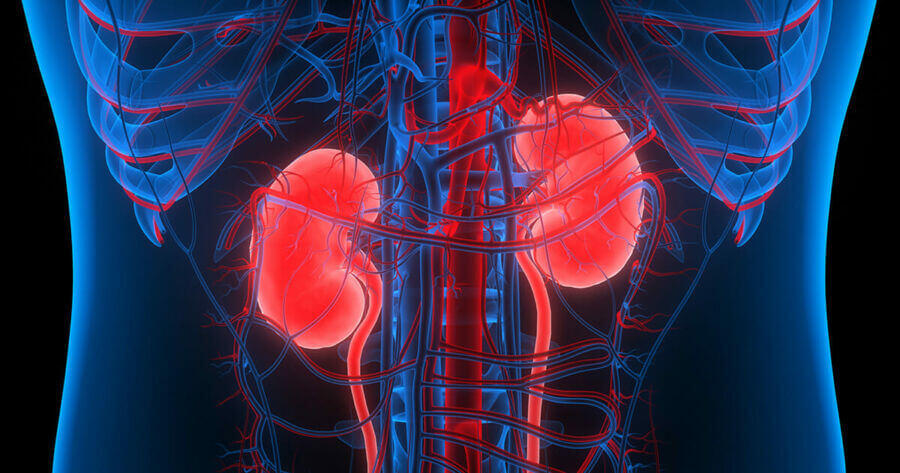
Liver cancer is a serious disease that affects millions of people around the world. It is important for patients to have access to the latest research on survival rates and treatment options. In this article, we will explore the latest research on liver cancer survival rates and what it means for patients.
According to the American Cancer Society, liver cancer is the fifth most common cancer in men and the ninth most common cancer in women. The survival rates for liver cancer have improved over the years due to advances in treatment options and early detection. However, liver cancer remains a difficult disease to treat and has a high mortality rate.
The latest research on liver cancer survival rates shows that the overall five-year survival rate for liver cancer is around 20%. This means that only 20% of patients with liver cancer will survive for five years or more after diagnosis. However, this number can vary greatly depending on the stage of the cancer and the patient's overall health.
For more information, click here - 肝癌存活率 Links to an external site.
For patients with early-stage liver cancer, the five-year survival rate is much higher, ranging from 50% to 70%. This is because early-stage liver cancer is more likely to be treated successfully with surgery, radiation, or chemotherapy. However, early-stage liver cancer is often asymptomatic, meaning that it may not be detected until it has progressed to a later stage.
For patients with advanced-stage liver cancer, the five-year survival rate is much lower, ranging from 5% to 10%. This is because advanced-stage liver cancer is more difficult to treat and may require more aggressive treatment options such as liver transplantation or targeted therapy.
It is important for patients with liver cancer to work closely with their healthcare team to develop a personalized treatment plan. This may include surgery, radiation, chemotherapy, targeted therapy, or a combination of these treatments. Patients may also benefit from participating in clinical trials, which can provide access to new and innovative treatment options.
In addition to treatment, lifestyle changes such as quitting smoking, maintaining a healthy diet, and getting regular exercise can also improve the chances of survival for patients with liver cancer.
The latest research on liver cancer survival rates has shown that early detection and treatment can greatly improve a patient's chances of survival. In fact, patients who are diagnosed early and receive prompt treatment have a five-year survival rate of over 50 percent.
However, for patients who are diagnosed at a later stage, the survival rate drops significantly. For those with advanced liver cancer, the five-year survival rate is only around 10 percent.
This research underscores the importance of early detection and treatment for liver cancer. Patients who experience symptoms such as abdominal pain, weight loss, and jaundice should seek medical attention immediately.
In addition to early detection and treatment, lifestyle changes can also help improve liver cancer survival rates. Patients who quit smoking, maintain a healthy weight, and limit their alcohol consumption can reduce their risk of developing liver cancer and improve their overall health.
It's also important for patients to work closely with their healthcare team to develop a personalized treatment plan. This plan may include surgery, chemotherapy, radiation therapy, or a combination of these treatments.
Finally, patients and their families should seek out support and resources to help them cope with the emotional and physical challenges of liver cancer. Support groups, counseling, and other resources can provide valuable support and guidance during this difficult time.
 icons at the top right corner of the subsection.
icons at the top right corner of the subsection.